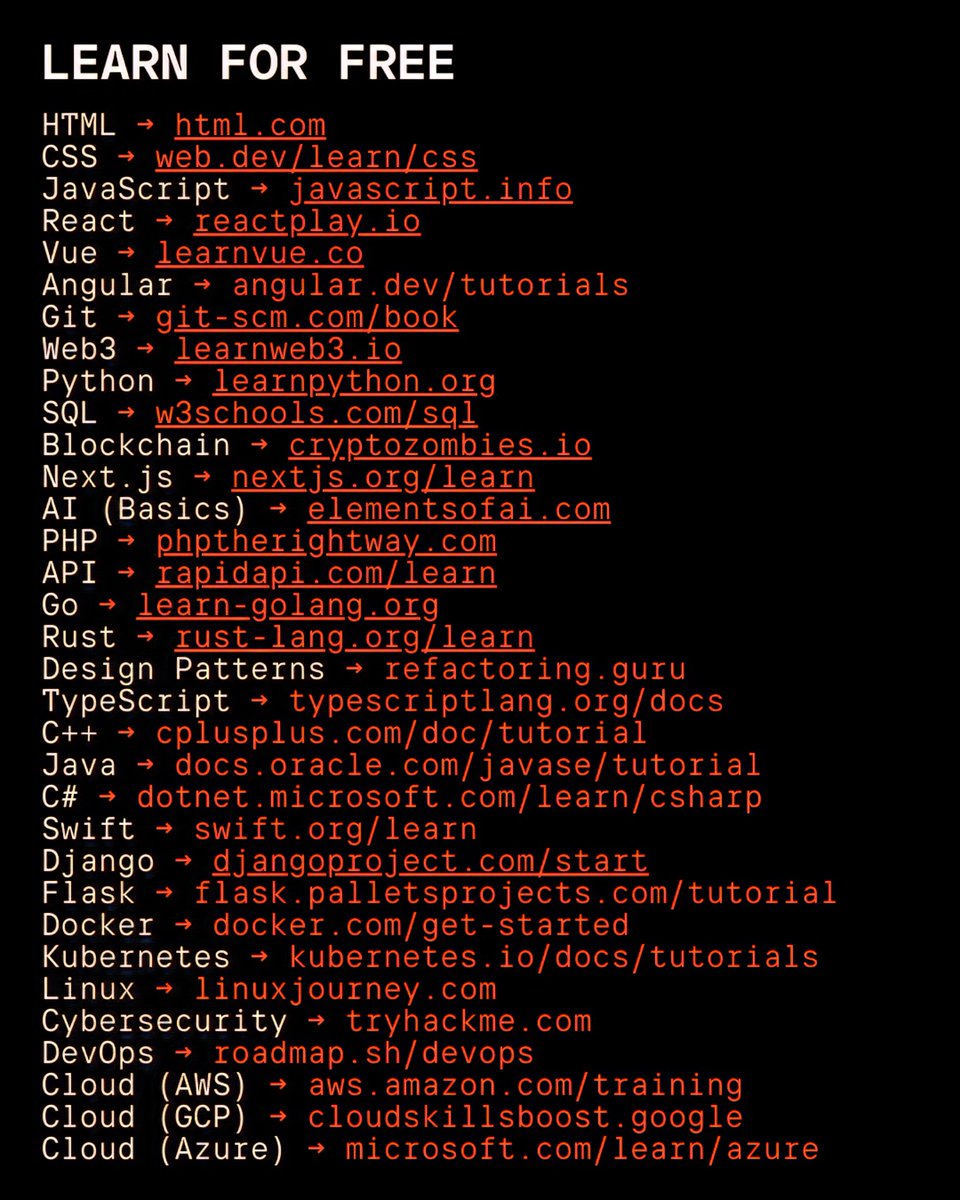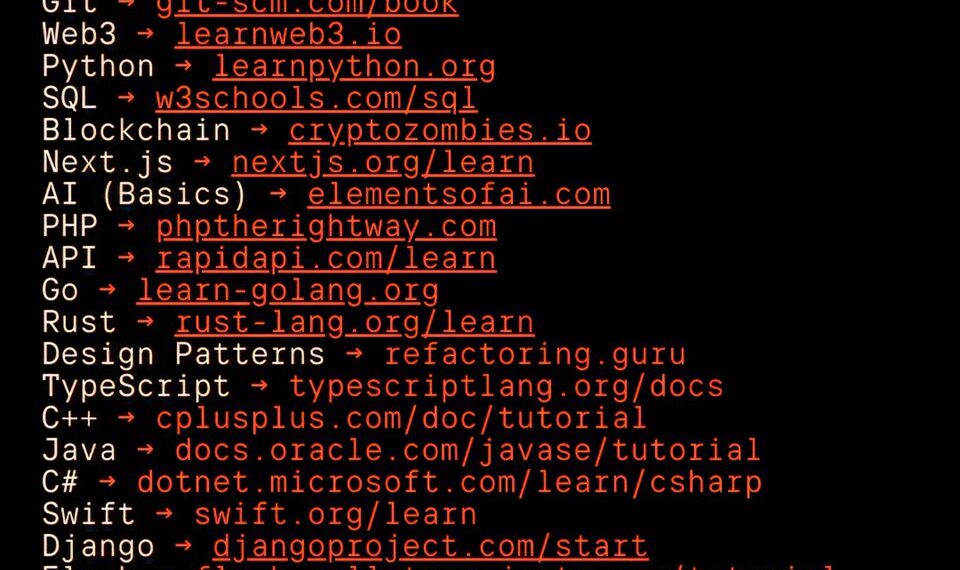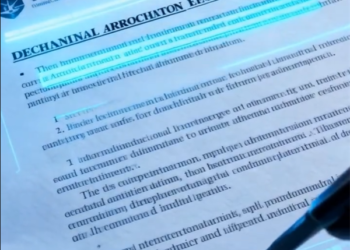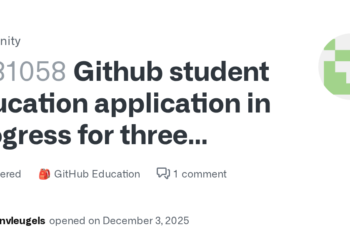Select Language:
5 Key Insights into Free Online Learning Opportunities in 2025

1. The Rise of Major Tech Companies Offering Free Courses
In 2025, several leading technology giants have significantly expanded their free educational platforms to promote digital literacy and skills development. Companies like Google, Microsoft, and Apple have launched extensive online courses covering modules from programming and cloud computing to design and cybersecurity. These courses are designed to be accessible to learners worldwide without any charge, emphasizing the importance of inclusive learning environments in today’s digital age.
For example, Google’s Digital Garage offers a variety of free certifications in data analytics, marketing, and tech fundamentals. Microsoft’s Learn platform provides hands-on tutorials in cloud services and AI. This democratization of knowledge helps bridge the skills gap in the tech industry and provides opportunities for aspiring professionals lacking resources for traditional education.
2. Academic Institutions Embrace Open Courseware and Microlearning
Universities and colleges across the globe have shifted towards offering free open courseware. Prestigious institutions like Harvard, MIT, and Stanford now host thousands of free online classes accessible globally, fostering a culture of lifelong learning. These courses span disciplines such as business, science, humanities, and medicine, allowing students to learn at their own pace without the burden of tuition.
Moreover, microlearning modules—short, focused lessons—are gaining popularity for busy learners who prefer quick, digestible content. Platforms such as edX and Coursera have curated curricula that let users acquire specific skills in a matter of hours, making continuous education more flexible and manageable. This approach aligns with the modern learner’s demand for on-the-go education and skill enhancement.
3. The Surge of Community-Driven Learning Platforms
In 2025, peer-to-peer and community-driven platforms have become vital components of the free learning ecosystem. Platforms like Khan Academy, Udemy Free Courses, and Codecademy provide spaces where users can teach, learn, and share knowledge without financial barriers.
Khan Academy, for example, offers extensive lessons in mathematics, science, history, and test prep for students of all ages. Such platforms foster collaborative learning environments, where community feedback and peer support enhance understanding. They also promote inclusivity by providing resources tailored to underserved communities, ensuring access to quality education for all.
4. Government Initiatives Promote Free Skills Training
Government agencies worldwide are stepping up to close the skills gap by launching free training programs aimed at workforce development. In 2025, initiatives like the U.S. Department of Labor’s American Apprenticeship and the European Union’s Skills for All programs have partnered with online platforms to deliver free, high-quality training in industries such as healthcare, manufacturing, and technology.
These programs often include virtual apprenticeships, certifications, and job placement assistance. The goal is to help unemployed and underemployed individuals acquire relevant skills that meet current labor market needs, making workforce training more accessible and equitable.
5. The Future of Virtual Reality and AI in Free Learning Experiences
Innovations in virtual reality (VR) and artificial intelligence (AI) have revolutionized free online education in 2025. Many platforms now incorporate immersive VR environments where learners can engage in simulated real-world scenarios—from virtual laboratories to historical site visits—without physical constraints or costs.
AI-powered tutors personalize learning paths based on individual progress, ensuring optimal engagement and understanding. For instance, platforms like Oculus Education and personalized AI tutors tailor lessons to fit each learner’s pace and style, creating a more interactive and effective educational experience.
As these technologies become more widespread and affordable, access to high-quality, engaging educational content will continue to grow, breaking down barriers and opening new horizons for learners worldwide.
By embracing technological advancements, governmental support, and innovative educational models, 2025 marks a pivotal year for free online learning. These developments democratize education, making it more accessible, flexible, and tailored to the needs of a diverse, global learner population.







